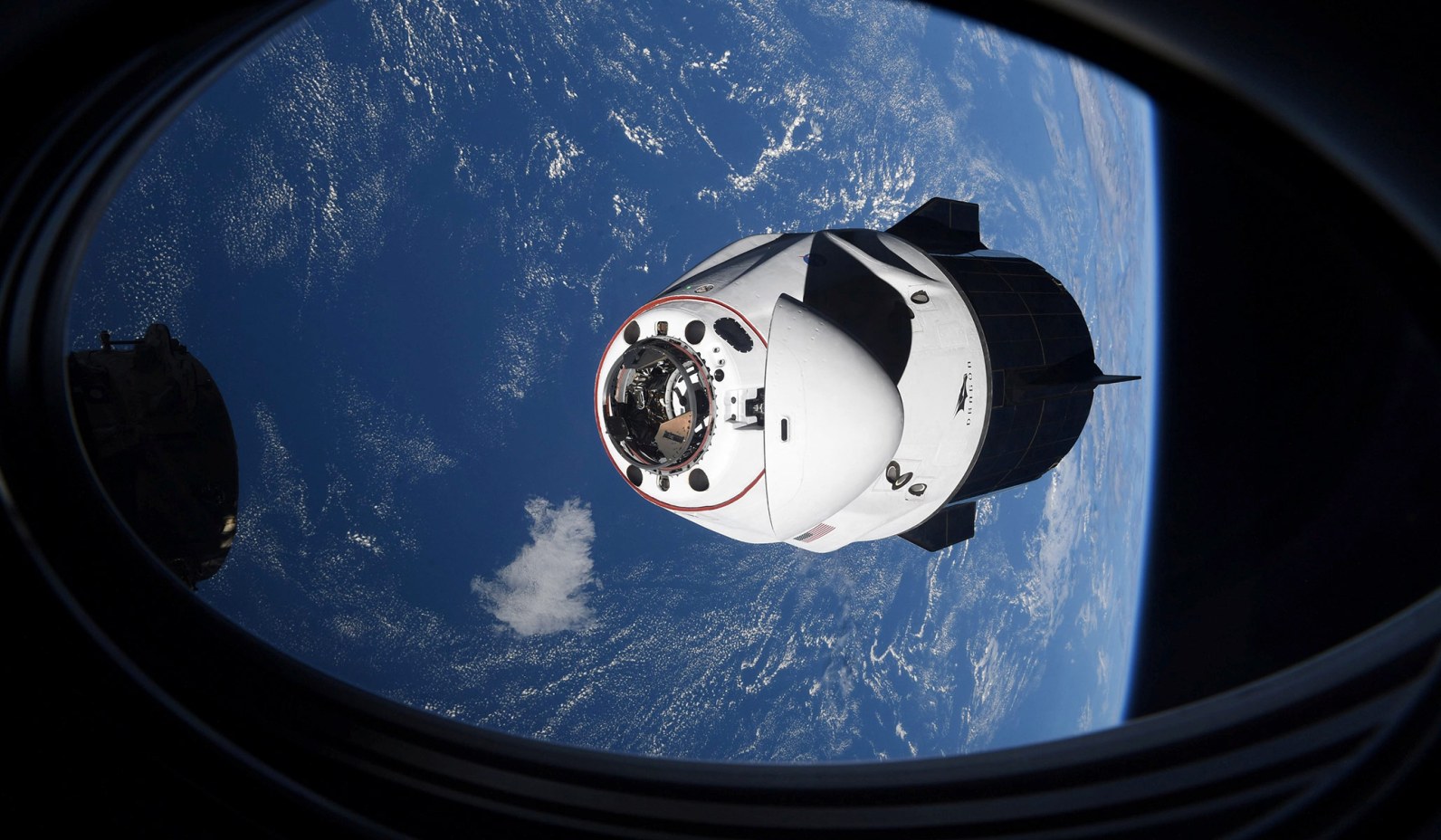Through the 1990s and into the new millennium, advocacy groups such as the National Space Society (full disclosure: I was in charge of policy and legislation at the NSS starting in 1989 and was executive vice president from 1991 to 1995) worked to advance the position of private-launch companies, encourage friendly government regulation, promote the growth of a strong private-sector presence in space, and fight the “dumping” (sales below cost that would hurt the development of American companies) of Chinese government-launch services.
The thinking was straightforward: A government-based space program would always be subject to political winds and whims. Not being self-supporting, it would always face competition from other programs that gave a more direct payoff to various political interest groups. In addition, even when funded, a government program would tend to dissipate its resources and efforts in bureaucratic payroll padding and empire building. A commercial enterprise, disciplined by shareholders and the bottom line, would have to focus more on producing results and, more crucially, on lowering costs and improving performance — something that NASA had not distinguished itself in achieving.
For the full article, click here.



0 Comments